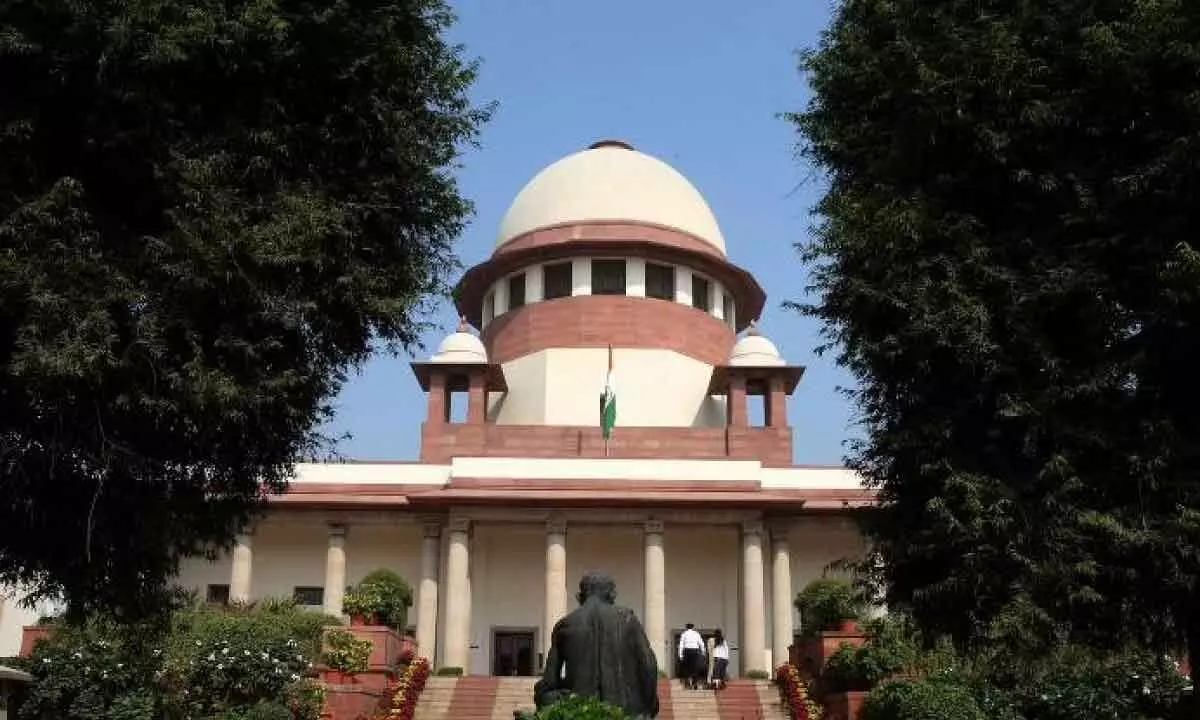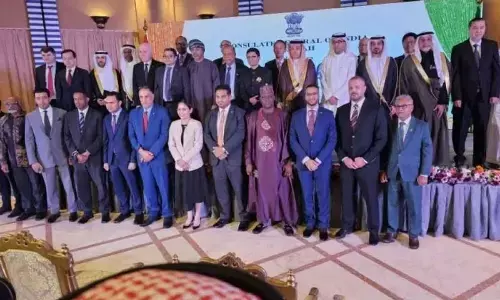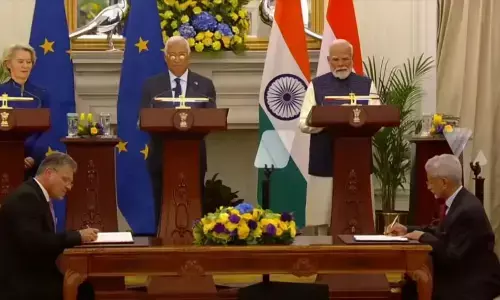SC to hear cases challenging validity of polygamy, nikah halala

Five years after banning triple talaq as “unconstitutional, manifestly arbitrary, gender discriminatory and violative of right to equality”, a five-judge Constitution Bench of the Supreme Court on Tuesday heard nine petitions seeking a ban on practices of polygamy and 'nikah halala' among Muslims.
New Delhi: Five years after banning triple talaq as "unconstitutional, manifestly arbitrary, gender discriminatory and violative of right to equality", a five-judge Constitution Bench of the Supreme Court on Tuesday heard nine petitions seeking a ban on practices of polygamy and 'nikah halala' among Muslims.
The Bench of Justices Indira Banerjee, Hemant Gupta, Surya Kant, MM Sundresh and Sudhanshu Dhulia commenced the hearing by issuing formal notice to centre, National Commission for Women, national commission for minorities, NHRC. The matter has been fixed for detailed hearing post-Dussehra vacations.
The then Chief Justice Dipak Misra had in 2018 itself said since the issues raised are "very serious and important", it would refer the matter to a constitution bench: of five or more judges. The SC had in the triple talaq judgment left the two issues of polygamy and nikah halala open saying its validity would be examined by SC at a later stage preferably by a constitution bench According to Sharia or Muslim personal law, men are allowed to practice of polygamy that is they can have more than one wife at the same time, up to a total of four.
Nikah halala is a custom intended to curb the incidence of divorce as under it a man cannot remarry his former wife unless she marries another man, consummates the marriage, gets a divorce and observes a period of separation period called iddat.
Lead petitioner SC advocate and BJP leader Ashwini Upadhyaya in his petition, prayed that Section 2 of the Muslim Personal Law (Shariat) Application Act be declared unconstitutional and violative of Articles 14 (right to equality), 15 (discrimination on ground of religion) and 21 (right to life) of the Constitution, insofar as it seeks to recognise and validate the practice of polygamy and nikah halala. Other petitioners are victims of polygamy and Nikah halala like Sameena Begum, Farjana, Nafisa Khan, Shabnam, Naish Hasan.

















